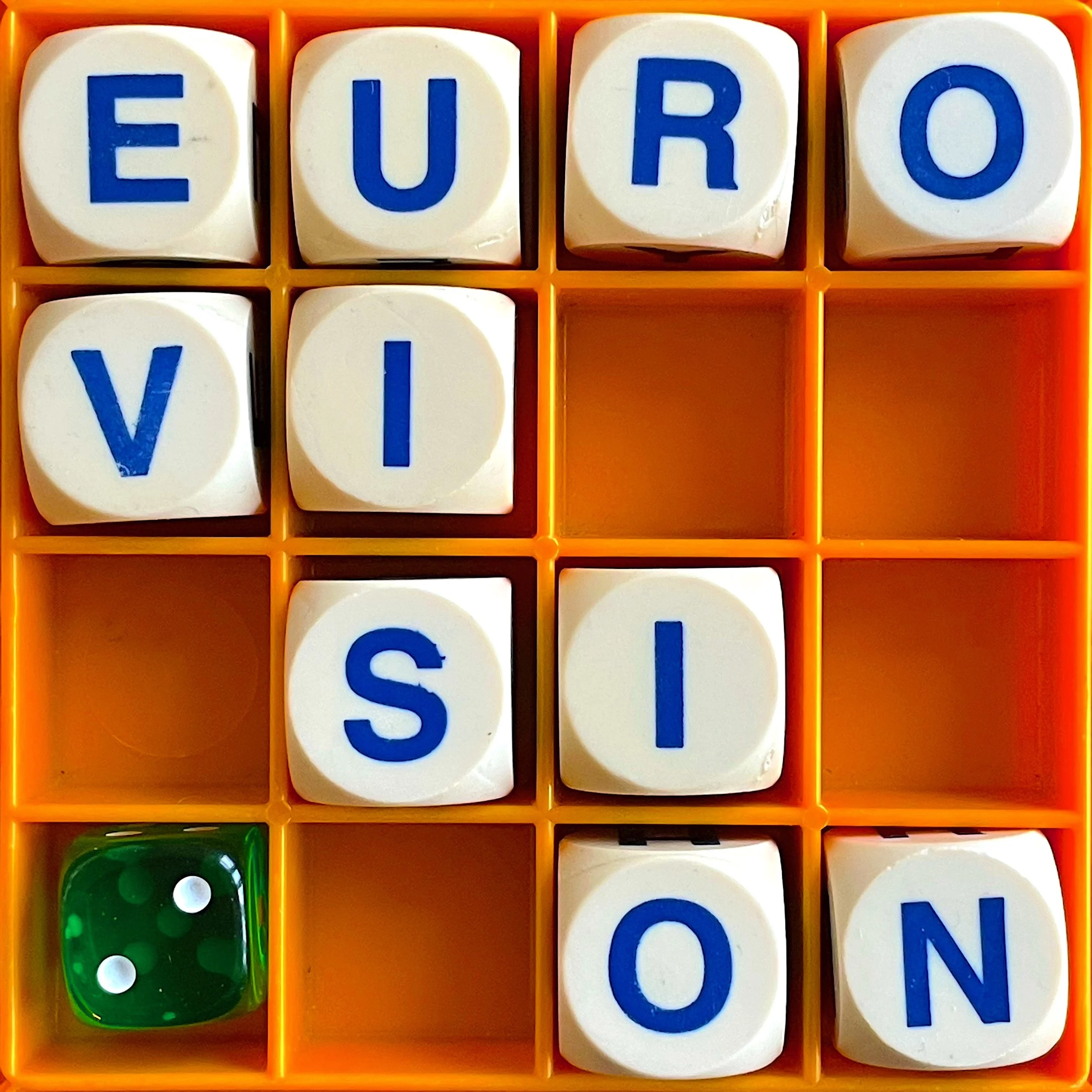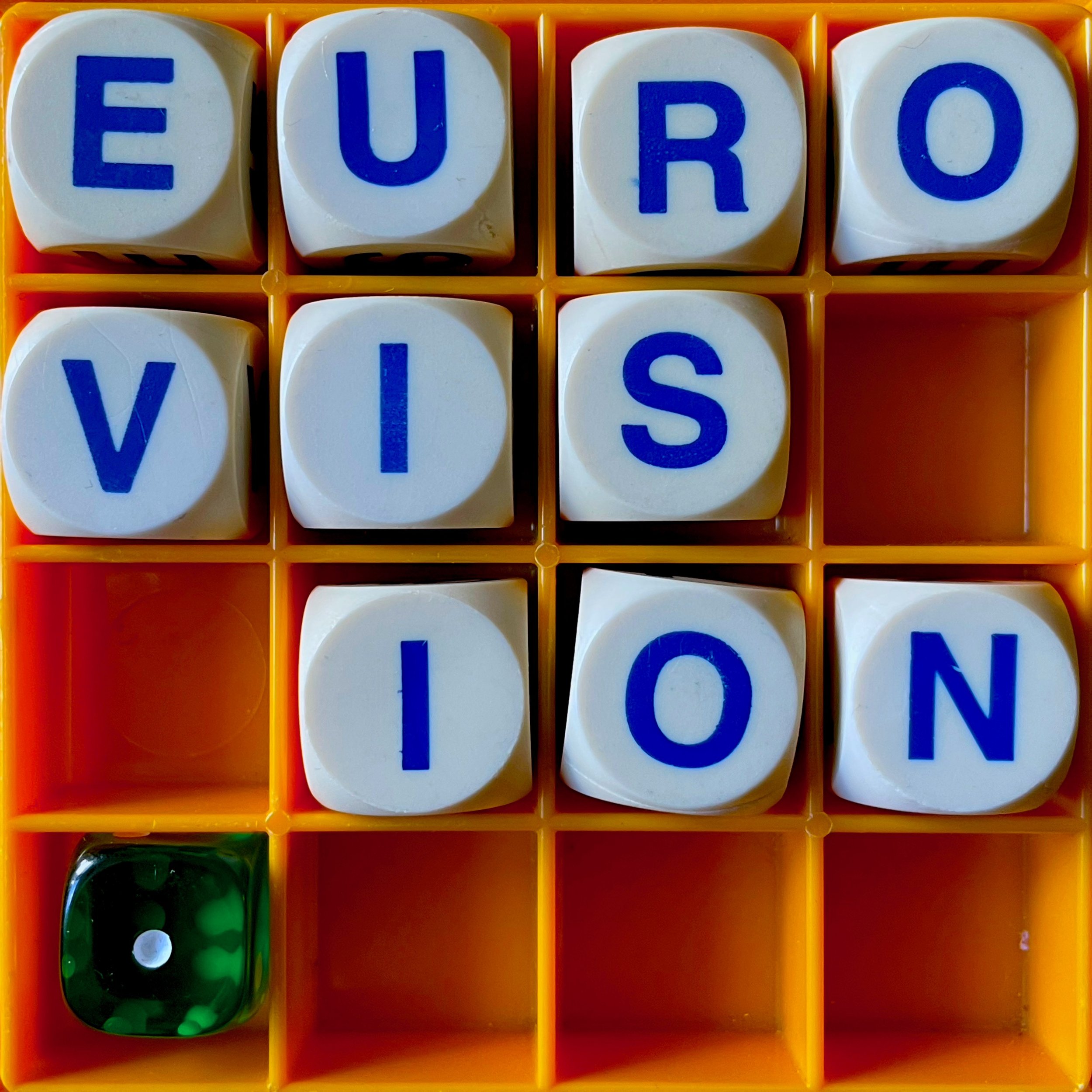DEAN VULETIC: There are lots of economic, cultural and political factors that can decide which language will be most represented in a country's entries, even when it has various national languages.
HZ: Azerbaijan: the only country never to have entered in its national language.
DEAN VULETIC: Correct.
HZ: Could be this year.
DEAN VULETIC: Errrr, I doubt it, because the Azerbaijani government has been very ambitious in Azerbaijan’s Eurovision entries, in using them as a tool of soft power and cultural diplomacy. It has spent a lot of money in getting well-known songwriters and composers from across Europe to produce pop hits that could really win Eurovision. And of course, this means hits in English. And once Azerbaijan did win Eurovision in 2011 and went on to host the most expensive Eurovision ever in Baku. So Eurovision is also popular among dictators as a tool of cultural diplomacy - or as a tool for whitewashing their human rights and democratic records.
Allusionist 174 Eurovision part 1 transcript
The Eurovision Song Contest has given us the international renown of Celine Dion, Måneskin, Dana International, Conchita Wurst and Riverdance; tear-off skirts, nul points, shiny shiny costumes, a band of babushke dancing around an onstage bread oven; not to mention fraught politics, within and between nations. And most importantly for our purposes: linguistic intrigue! So much linguistic intrigue.
Read moreAllusionist 102. New Rules - transcript
HZ: How are we supposed to learn these rules? Because it's very subtle.
GRETCHEN McCULLOCH: It is very subtle. And I think we learn them from interacting with each other primarily.
HZ: I know that I was never taught through formal channels to emphasise something by repeating letters - omfggggg! - or by putting a full stop or exclamation mark after every 👏 word 👏 in 👏 the 👏 sentence, or by attaching a gif of a panda upending a desk.
GRETCHEN McCULLOCH: We have been doing emphasis in writing for a lot longer than the internet has even been a glimmer in someone's imagination.
Read moreAllusionist 76. Across the Pond - transcript
HZ: We’ve all noted by now that Americans don’t spell colour or neighbour with a ‘u’ because who needs it, and Brits snigger uncontrollably at ‘fanny pack’. We know American and British Englishes are different, but the question is “Why?”
LYNNE MURPHY: People will say to me, "Why do British people say this and American people say that?" and I'm like, "Well, because they learned English in different places."
Read moreAllusionist 18: Fix, part II - transcript
HC: We ended up discovering that there is a whole other group of English speakers you don’t normally think of. It’s a very small group; they speak a very strange version of English; and they’re some of the most powerful people on the planet. They probably directly influence your lives. And they speak a strange pidgin of English, known as Euro English, or Euro Speak.
HZ: Who are ‘they’? European Union officials.
HC: Euro English is the English spoken by technocrats at the EU. Most of them don’t speak English as a first language, so what’s happened is they’ve kind of misappropriated English words and misunderstood what they mean, or invented new words.
Read moreAllusionist 17: Fix, part I - transcript
Most of the questions I get asked about the English language can be boiled down to this: why is English such an idiosyncratic mess? And why has nobody tried to sort it out?
Well, some people did kind of try. For hundreds of years, English had been a swirling concoction full of Latin, German and French thanks to all the invasions of Britain, plus words English had nicked from other languages, all refusing to behave regularly or obey rules consistently, and riddled with silent Gs.
300 or so years ago, some decided they had HAD ENOUGH.






